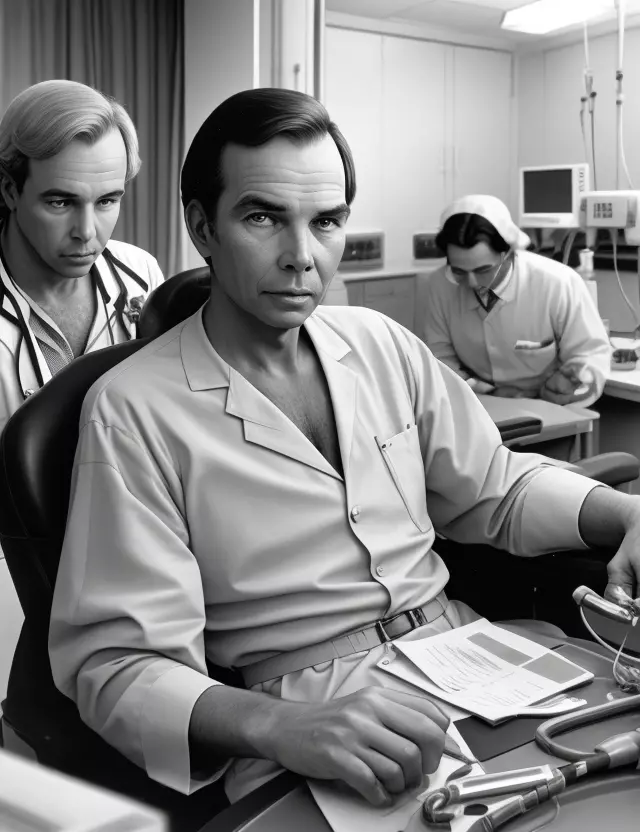Dr. Christiaan Barnard's Groundbreaking Human Heart Transplant (1967)
The First Successful Human Heart Transplant

Introduction
In 1967, Dr. Christiaan Barnard and his surgical team achieved a groundbreaking milestone in the history of medicine—the first successful human heart transplant. This monumental event marked a turning point in cardiac surgery and opened new possibilities for the treatment of heart-related conditions. Explore the historical significance of this landmark procedure, the challenges faced by the surgical team, and the enduring impact on the field of medicine.
The Historical Significance
The first successful human heart transplant, performed by Dr. Christiaan Barnard, holds immense historical significance. On December 3, 1967, in Cape Town, South Africa, a surgical team led by Barnard successfully transplanted the heart of a deceased donor into the chest of Louis Washkansky, a patient suffering from heart failure. The success of this procedure marked a revolutionary moment in the field of cardiac surgery and captured the world's attention.
Challenges Faced
The journey to the first successful human heart transplant was not without challenges. Dr. Christiaan Barnard and his team had to navigate uncharted territory, overcoming technical, ethical, and immunological hurdles. The surgical team had to develop new techniques, refine organ preservation methods, and address the complex issue of organ rejection. The pioneering nature of the procedure meant that each step forward was a leap into the unknown.
Transformative Nature of the Procedure
The success of the first human heart transplant had a transformative impact on the field of medicine. It demonstrated the feasibility of replacing a failing human heart with a healthy donor heart, offering new hope to patients with end-stage heart disease. The procedure spurred further advancements in organ transplantation, immunosuppressive therapies, and surgical techniques. Dr. Christiaan Barnard's pioneering work laid the foundation for subsequent breakthroughs in the field of cardiac surgery.
Dr. Christiaan Barnard's Pioneering Role
Dr. Christiaan Barnard's leadership and surgical expertise played a pivotal role in the success of the first human heart transplant. His vision, dedication, and willingness to take risks set the stage for a medical procedure that would forever change the landscape of cardiac surgery. Barnard's contribution to the field remains a testament to the power of innovation and the pursuit of medical advancements.
Enduring Impact
The first successful human heart transplant left an enduring impact on medicine, offering a lifeline to patients facing otherwise fatal heart conditions. The procedure paved the way for the development of heart transplantation as a standard treatment option and inspired ongoing research into organ transplantation, immunology, and surgical techniques. The legacy of Dr. Christiaan Barnard's achievement continues to shape the practice of cardiac surgery and gives hope to individuals in need of life-saving interventions.
As we reflect on December 3, 1967, let us acknowledge the transformative nature of Dr. Christiaan Barnard's pioneering human heart transplant. The courage, innovation, and perseverance demonstrated by Barnard and his team have left an indelible mark on the history of medicine, forever changing the possibilities for those in need of a new heart.



